LPMPP Conducts Internal Quality Audit of Study Programs
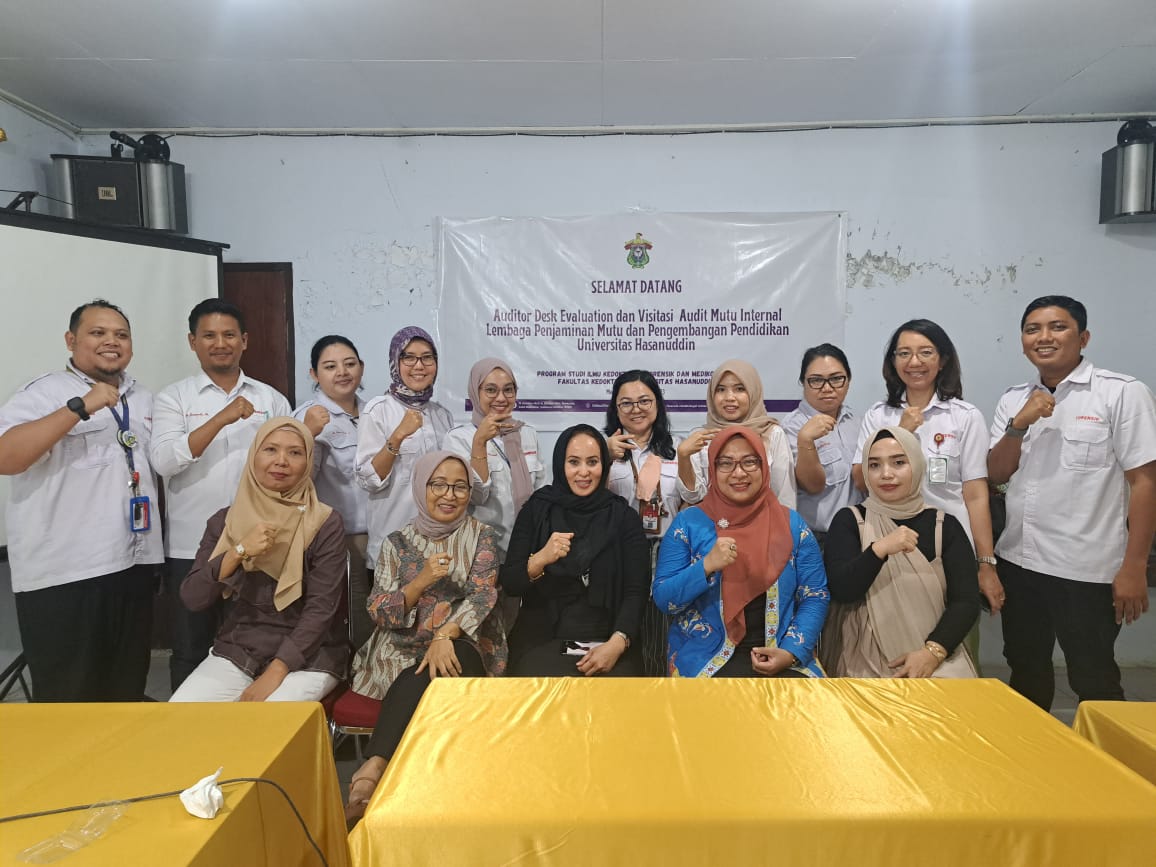
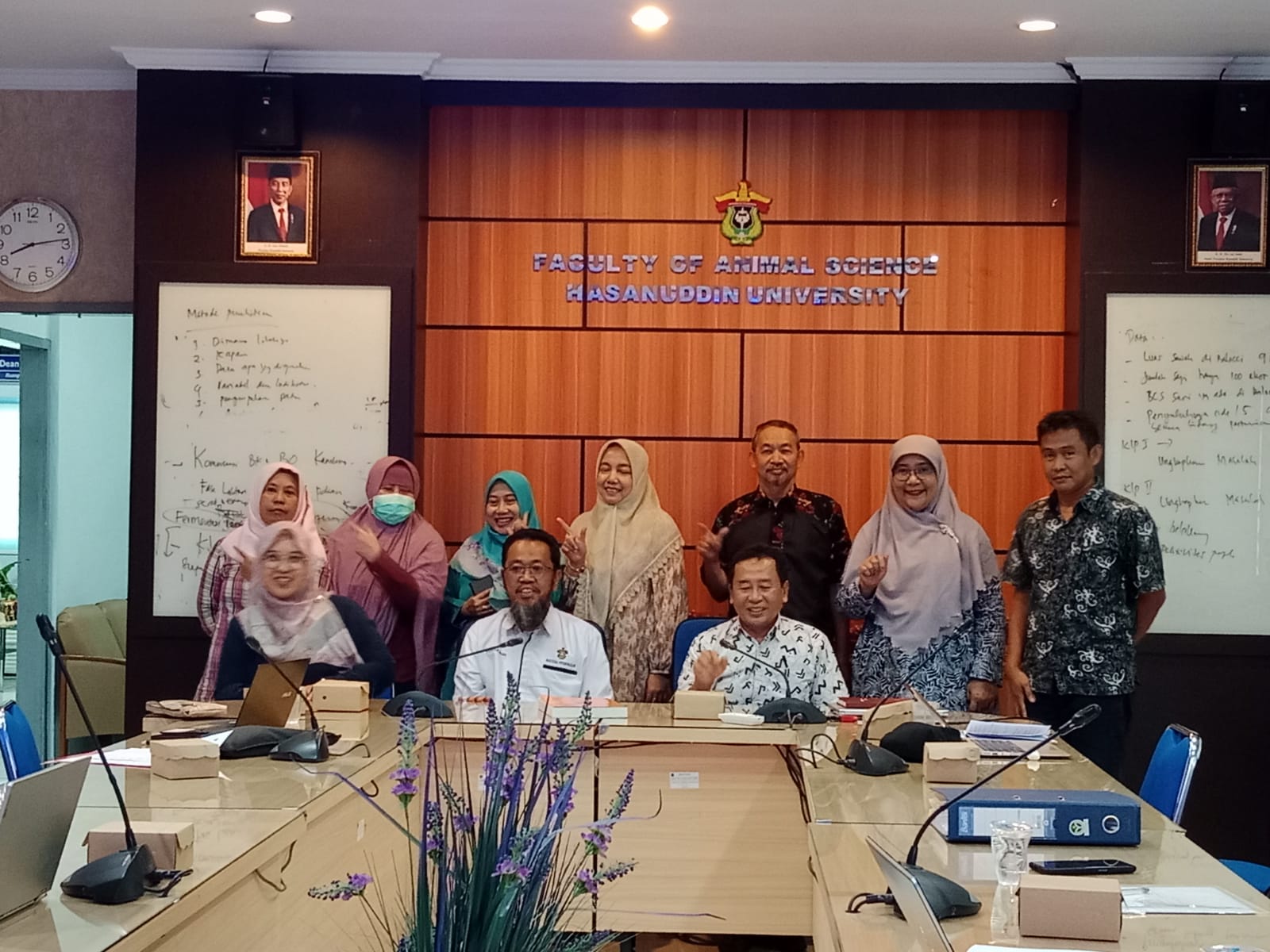

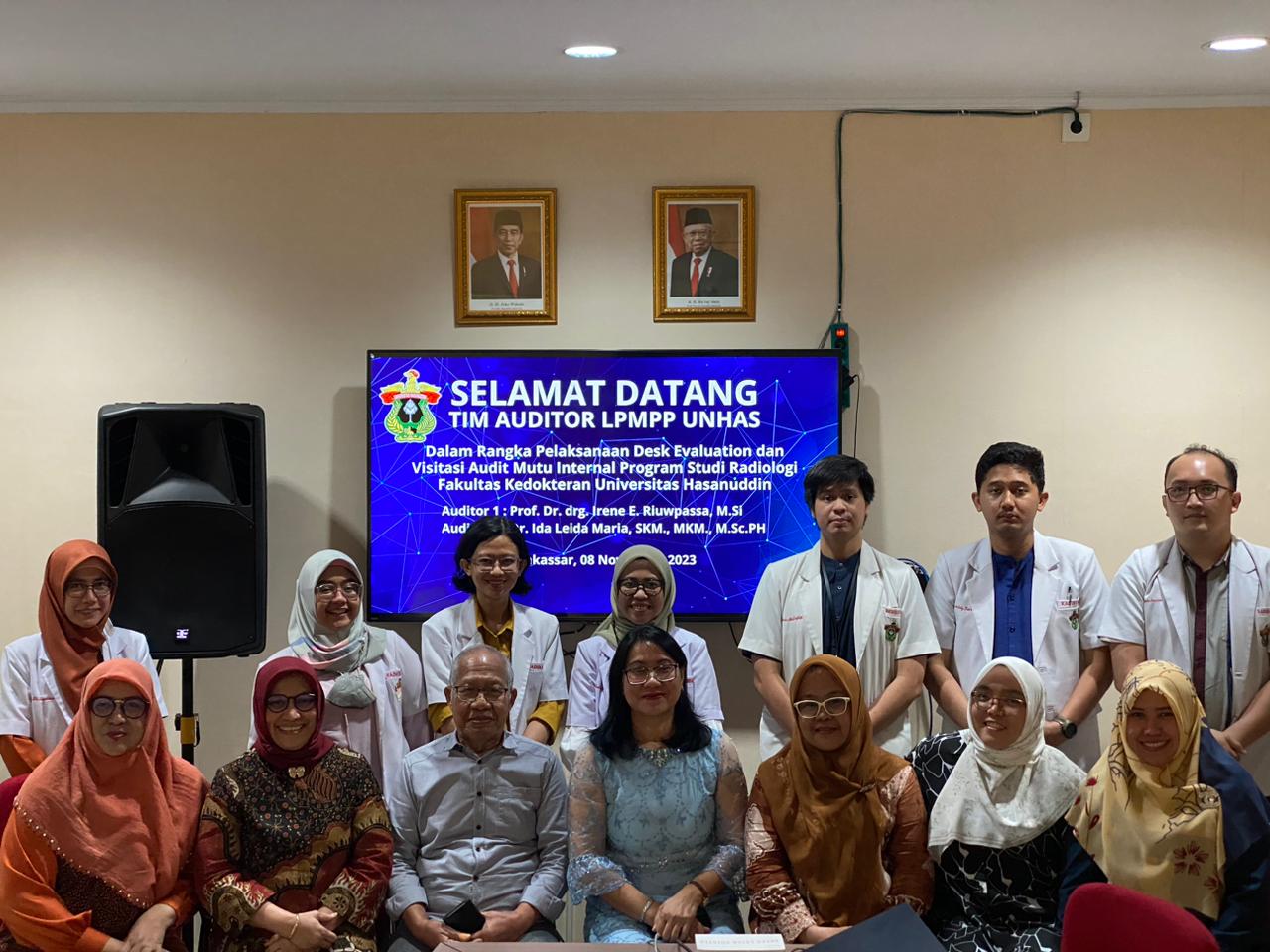

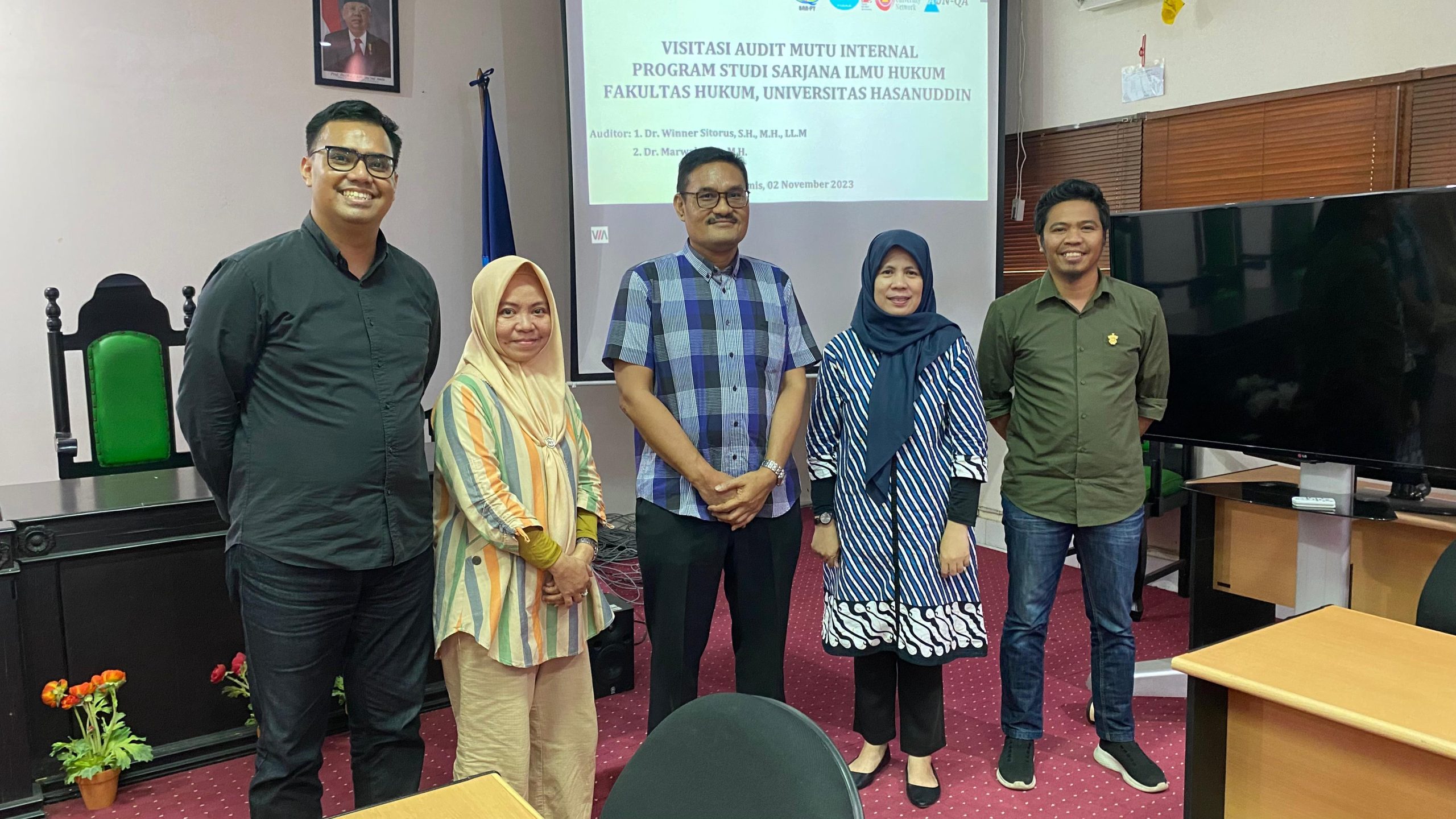

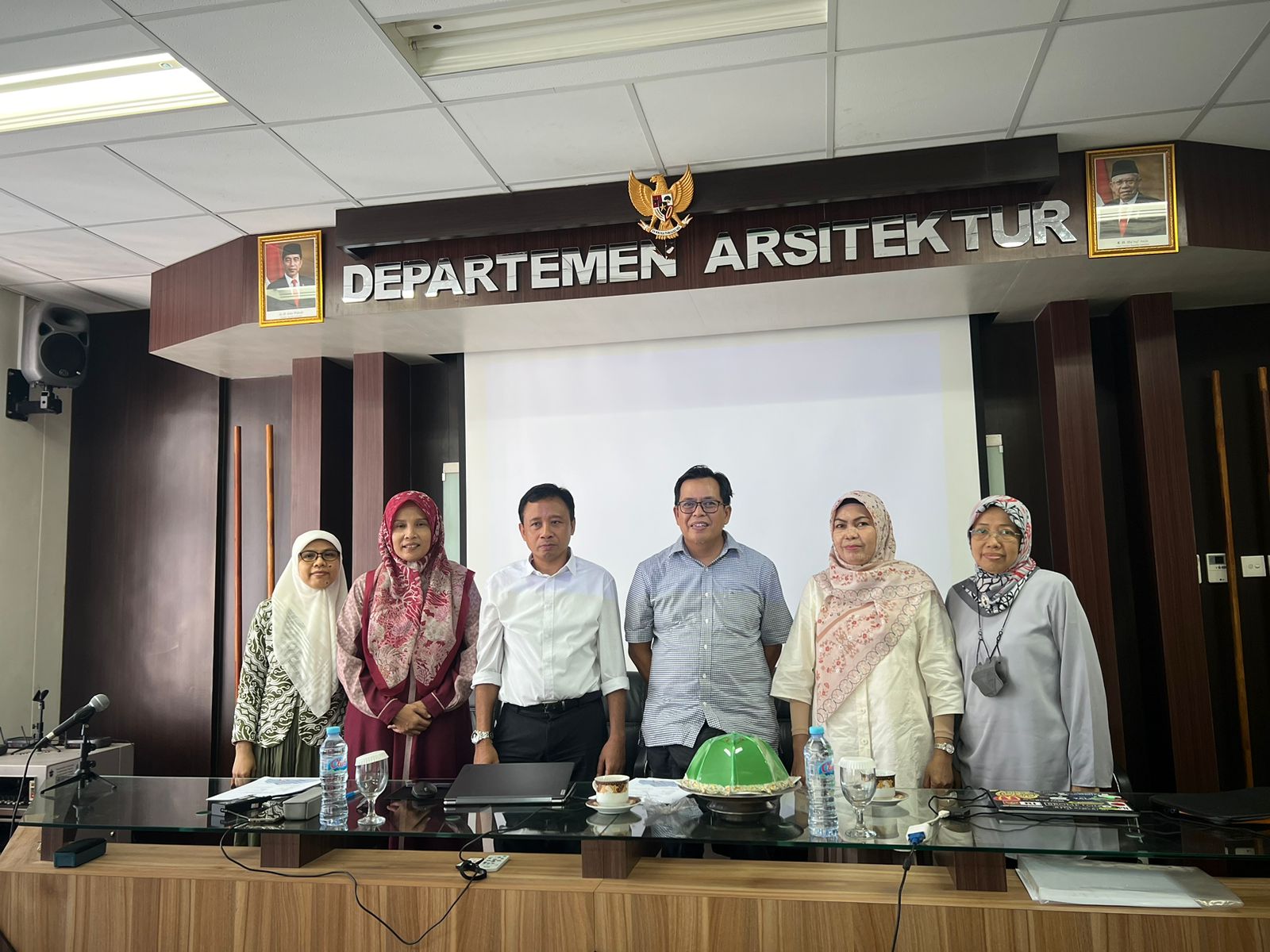

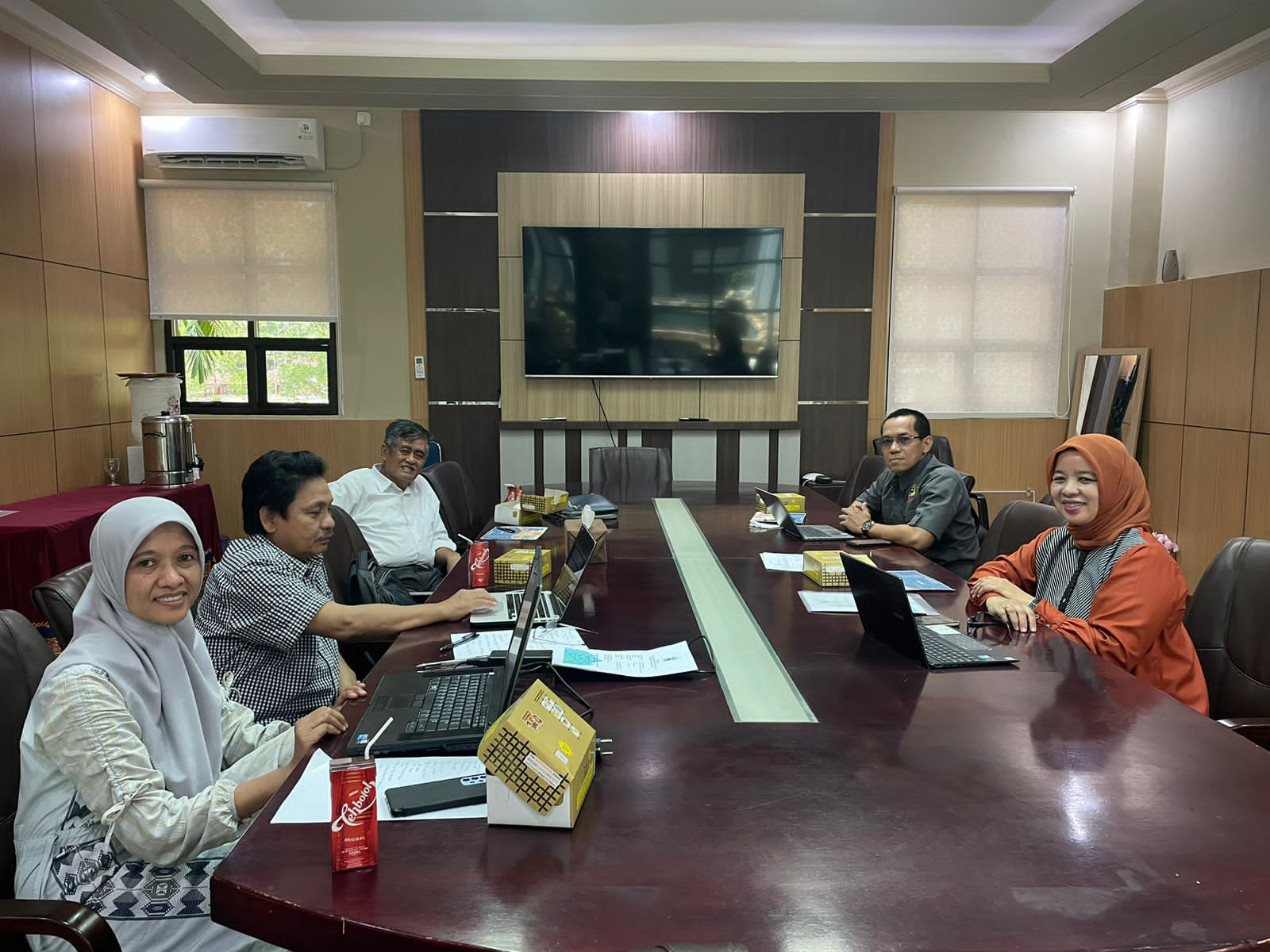
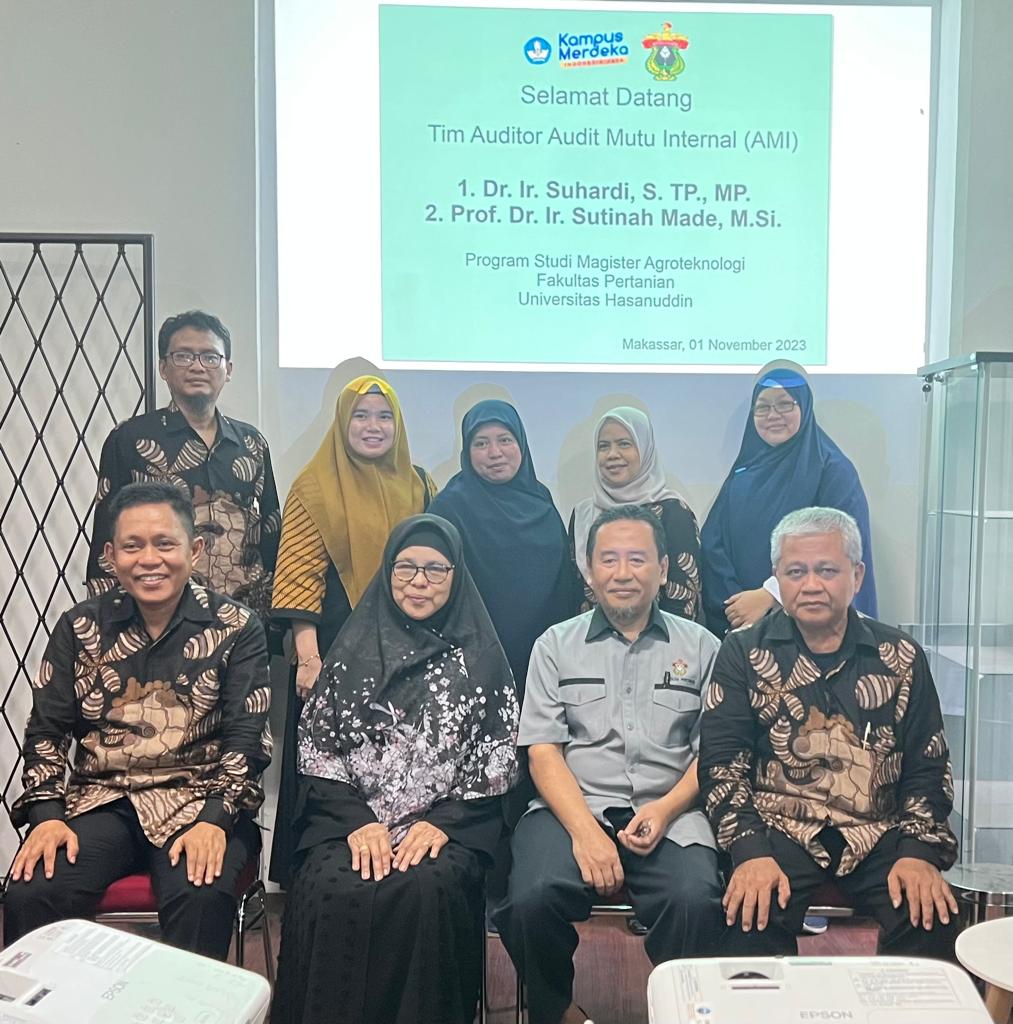
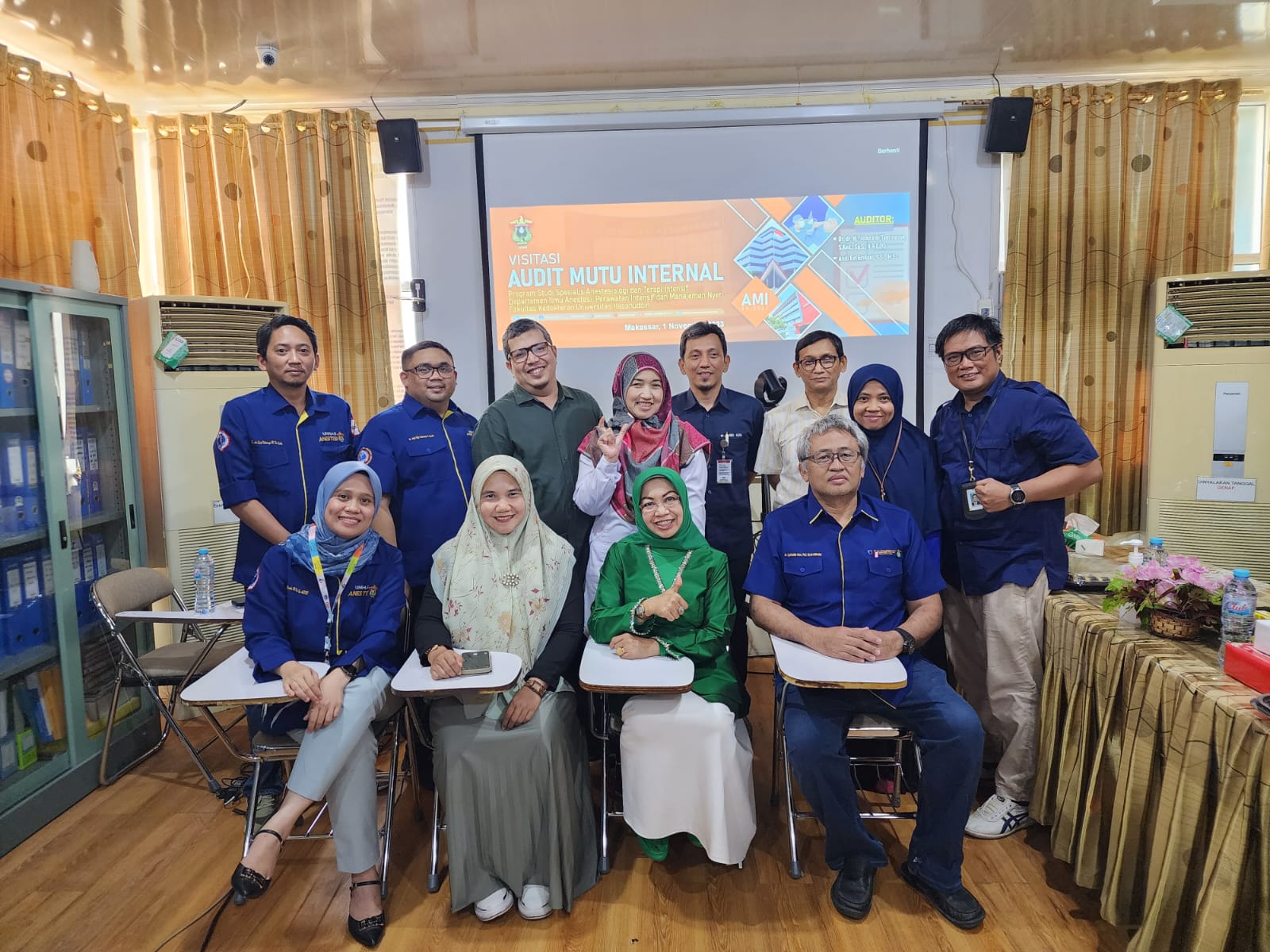

October 2023 | News Updates
Law No. 12 of 2012, concerning Higher Education, mandates the government to provide quality assurance for higher education to obtain quality education. Quality assurance is a systemic activity that is carried out in a planned and sustainable manner.
LPMPP as Unhas is an institution that has the task of planning, implementing, controlling, coordinating and developing an internal quality assurance system that exceeds the National Higher Education Standards as well as a learning monitoring and evaluation system and in carrying out these tasks, LPMPP has the function of carrying out continuous quality audit evaluations to ensure conformity to the achievement of quality standards that have been determined in each work unit. For this reason, from 18 October to 3 November 2023, the “Internal Quality Audit Visitation (AMI) Study Program” activity was carried out in 224 study programs within Hasanuddin University involving 97 Internal Quality Auditors.
Until the implementation of this quality audit visitation, there were several stages that had been carried out by LPMPP, including the implementation of Socialization and Online Training on the Unhas eSPMI Application for auditors and appointed study programs, then continuing to fill out the audit form online using the Uunhas eSPMI application by the Head of the Study Program where The Quality Assurance Group in each study program implementing unit monitors and assists study programs to carry out/complete self-evaluations which is then followed by the implementation of desk evaluations by the study program’s internal quality auditors according to the division of tasks.
The objectives of carrying out this visitation activity include, among other things, to find out about the implementation of the 2022/2023 academic quality in each study program; assess the suitability of the completeness of system documentation with the implementation that has been carried out; measuring the readiness and completeness of study programs in facing the accreditation/reaccreditation process by BAN-LAM; monitor everything that has been done in relation to the quality targets that have been set as well as possible improvement opportunities; as well as building and implementing a culture of quality in a sustainable manner in the implementation of Tri Dharma within the Hasanuddin University study program.
The direct benefit of an Internal Quality Audit is obtaining recommendations for improving the quality of study programs within Hasanuddin University. These recommendations will be useful for the leadership in developing various programs to achieve the set goals. By implementing AMI, it can help all study programs achieve their goals through a process, namely: verifying the goals of higher education, the Higher Education Standards set by higher education and the values set have been implemented according to regulations; monitor the implementation of goal achievement/implementation with standards; guarantee accountability for the implementation of standards; finding room for improvement in order to reduce risks, such as quality, legal, strategic financial, compliance, operational and reputation risks.
